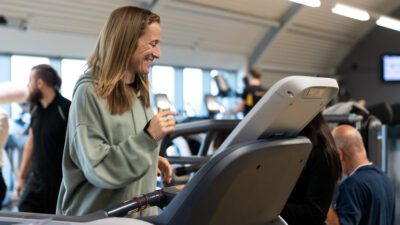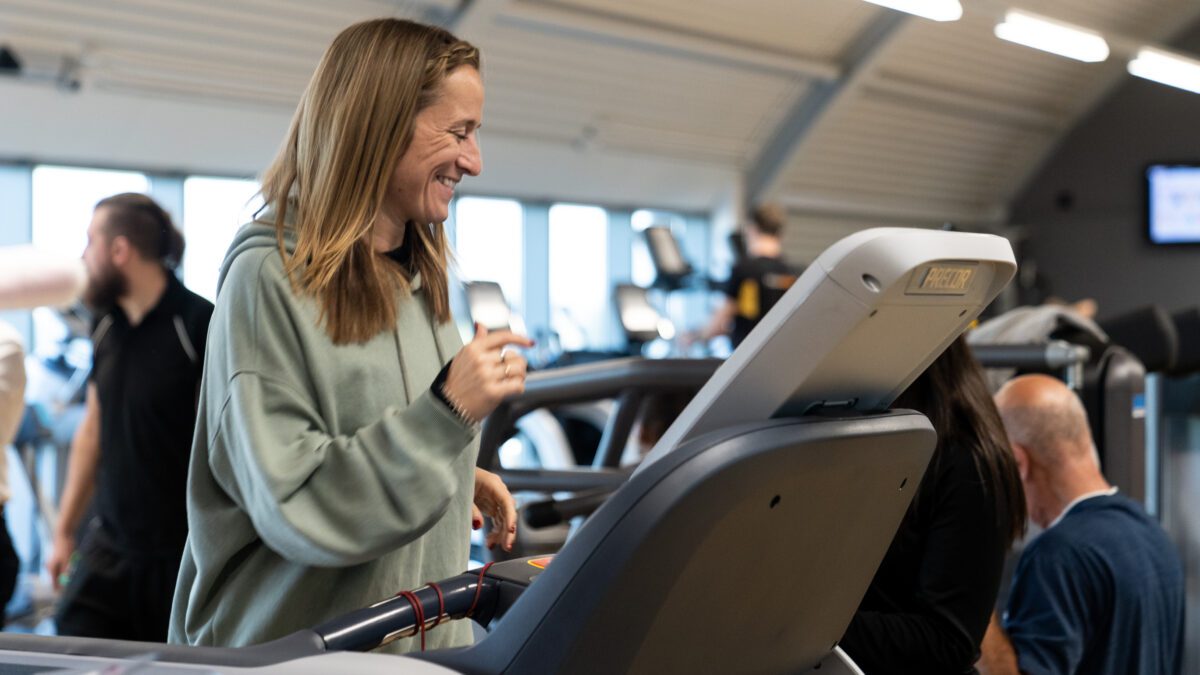



The presenter,Dr Patrick Partington, is a behaviour change specialist with 26 years’ experience in the health and fitness industry.
Pat has a PhD in social psychology and further qualifications in Cognitive Behavioural Therapy, Motivational Interviewing and Hypnotherapy. He brings his wealth of knowledge and experience to this masterclass, along with his enthusiasm for this fascinating topic.
I’m very pleased to have been asked to contribute to the programme of online training offered by Future Fit, a well respected and well-recognised industry leader. I’m particularly pleased to get the chance to talk about the importance of the mind with regard to changing eating habits for life. Considering that 95% of our decisions are made outside of our conscious awareness, understanding the influence of the mind is not only useful it’s vital.
Traditionally, those in the business of changing eating habits have been dependent upon behavioural approaches, which pay little attention to mental processes. While these are useful for initiating change, their problem is that they are dependent upon willpower. In other words the client needs to be determined, committed and dedicated to the task of monitoring their daily decisions.
I’m guessing you said around 10 to 15, because that’s what most people say. But no, we actually make more than 200 such decisions. Yes 200! Obviously then, most of these decisions occur outside of our conscious awareness and applying willpower to things that we aren’t consciously aware of is going to be difficult, to say the least!
For example, did you know that we are four times more likely to order dessert from an overweight waiter compared to a slim waiter? And we order more alcohol from an overweight waiter (18% more). This is nothing to do with a lack of willpower: how can we monitor something that occurs outside of conscious awareness. Did you know that men eat more when dining with a woman (as much as 92% more) and women eat less when dining with a man? Again, willpower is not a factor here. What about this: we will help ourselves to twice as many snacks in an untidy kitchen compared to a tidy kitchen. Our choice of snack will also be less healthy if your kitchen is untidy. What about this one: we eat more from a large bowl than from a small bowl (over 50% more). We don’t eat because we are hungry and, what’s more, we don’t stop when we are full, in fact, we rarely know we are full (until we are completely full).
The fact is that when we get the mind right the body will follow.
This masterclass is for anyone who helps people to change behaviour. The skills and techniques presented are easy to put into practice and will make an immediate impact on your clients, on your business and on your work satisfaction. This masterclass is for anyone who holds ambitions for making substantial and long-lasting changes to the lives of their clients. It is for those who understand the importance of complementing their exercise and dietary expertise with psychological skills training for lasting change. And it’s for those who want to stay at the forefront of their field, developing their toolbox of techniques to an all-encompassing mind and body approach to health and fitness.